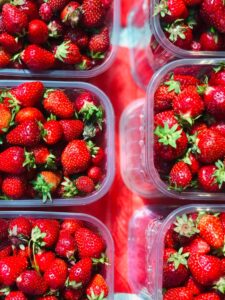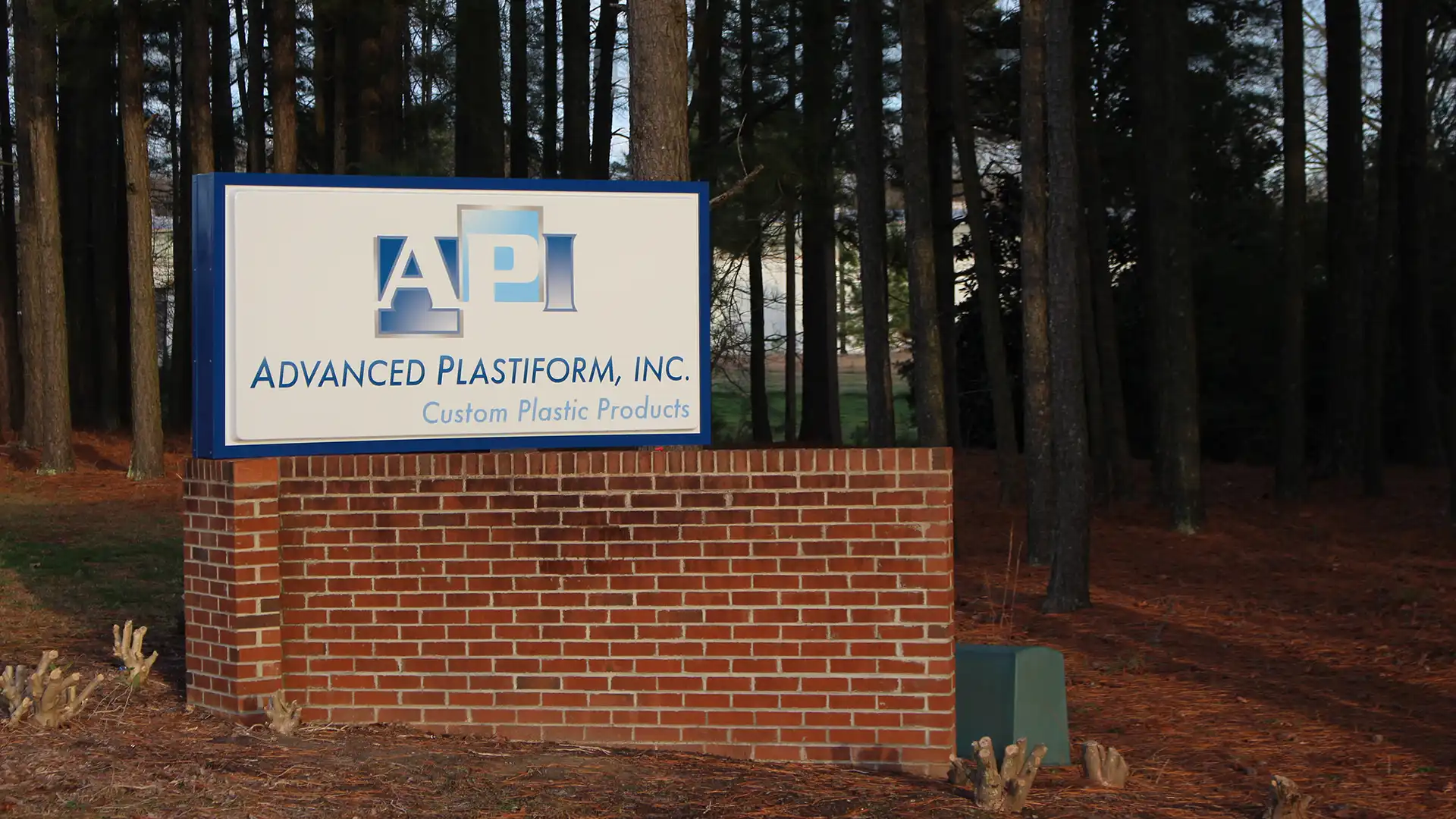Is there still a need for plastic food containers or should companies switch to other…
Understanding the Importance of Food Grade Plastic Manufacturing
For food to remain safe during shipping and fresh while on the grocery store shelves, the right packaging is essential, and plastics are lightweight, inexpensive, and durable. However, not all plastics are deemed safe to come in contact with consumables, whether as packaging or for use in small appliances and other food-related items.
To help you choose the right materials for your next project, from yogurt containers to blender pitchers, our thermoforming company is sharing a closer look at food grade plastic options.
What Are Food Grade Plastics?

Because some foods are acidic, such as tomatoes or fruits, they can actually break down containers allowing chemicals to leach into the food or beverage. The Food and Drug Administration (FDA) has studied plastics to determine if a material is safe to use and free of "technical effects" that could affect the food's taste, quality, and especially its safety towards people. Also, food-safe plastics must show excellent resistance to wear and impact, high strength, and excellent dimensional stability.
Food Safe Plastics Used in Packaging
First, let's take a look at the five most common thermoplastics used for food packaging.
Polyethylene Terephthalate
Polyethylene terephthalate (PET) is a lightweight, transparent polymer that repels microorganisms, doesn't break down or corrode, and is inexpensive. Also, unlike most other materials, PET can be used in its recycled form as well as its "virgin" state.
This plastic is most often used for single-serve bottles for juice, water, or soda and lightweight jars for honey, peanut butter, and jelly.
High-Density Polyethylene
High-density polyethylene (HDPE) is a durable polymer that offers excellent scratch resistance and impact resistance, especially given that it's very lightweight and easy to mold and shape. This food-grade plastic is often used for milk jugs, yogurt containers, and food storage containers.
Low-Density Polyethylene
Low-density polyethylene (LDPE) is very tough and flexible, and it also resists reacting to acidic and alkaline substances. Because it remains durable even when used in it's thinnest film application, LDPE is often used for shrink wrap, bread bags, produce bags, and grocery bags.
Polypropylene
Polypropylene (PP) is durable, flexible, and chemical resistant, but while it's rigid, it's not brittle, so it's less likely to crack or break. It's often used as an alternative to HDPE, so you'll find polypropylene is an excellent option for yogurt and other dairy containers, while its high melting point makes it an ideal material for microwavable meals.
Polystyrene
Polystyrene can be used as a foam material, making it lightweight and insulating for hot beverages and takeout containers. In its more rigid form, polystyrene is used for plastic cutlery and clear plates, bowls, and food containers. In either form, it's strong in compression, so it offers protection against being crushed or dropped and it's lightweight and inexpensive.
Choosing Food Grade Plastics for Other Uses
In addition to food-safe plastic for packaging, it's also important to consider other materials that need to be food safe. This includes items like refrigerator liners, small appliances, and food transportation containers. These kinds of plastics include:
Acrylonitrile Butadiene Styrene
Acrylonitrile Butadiene Styrene or ABS is not used in packaging, but it is used for lining freezers and refrigerators. Its excellent resistance to impact, abrasion, and low temperatures make it ideal for this use as well as for creating insulating containers used in food transportation.
Acrylic
Acrylic makes an excellent substitute for glass at a lower cost, lighter weight, and improved impact resistance. This material is often used for mixing bowls, blender pitchers, and cooking tools.
Polycarbonate
Polycarbonate is another glass substitute due to its remarkable clarity and resistance to impact and scratching. Polycarbonate may also be used in small appliances as well as reusable water bottles and hospital trays.
Schedule a Free Quote for Custom Plastic Products and Packaging
When you need food packaging, small appliance casing, or other custom plastics, reach out to Advanced Plastiform, Inc. We offer both thermoforming and injection molding services to companies in a variety of industries and can help you design, develop, and manufacture your products, parts, and packaging. Our company serves clients in the Southeast and Mid-Atlantic states, including North Carolina, South Carolina, Pennsylvania, Maryland, Tennessee, Georgia, and Virginia.
Get started on your next manufacturing project with our experts today by calling us at 919-404-2080 or by filling out our easy-to-use online contact form.

